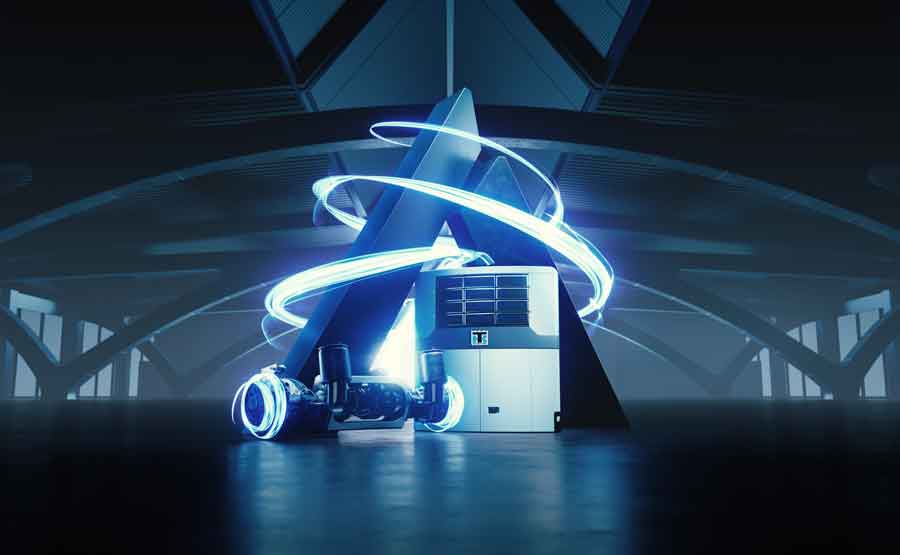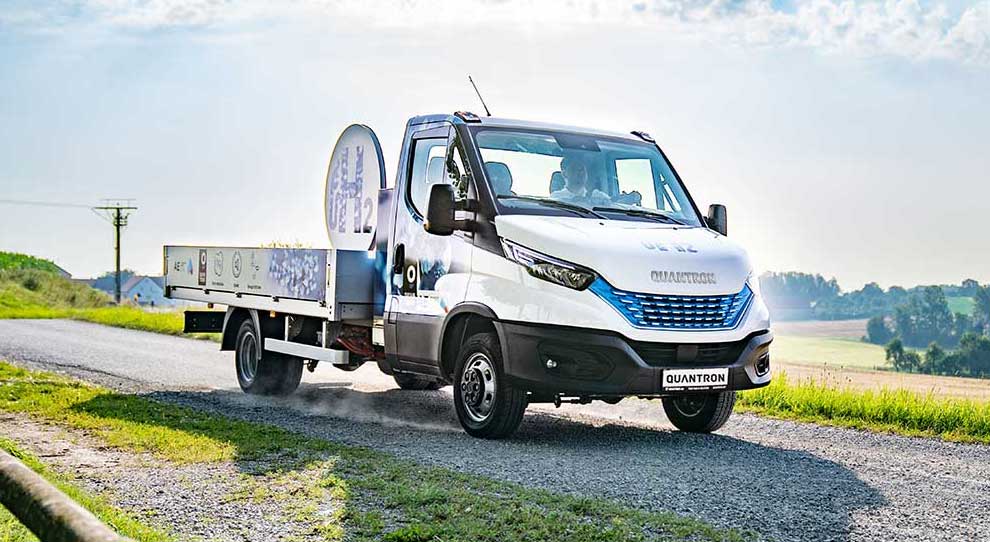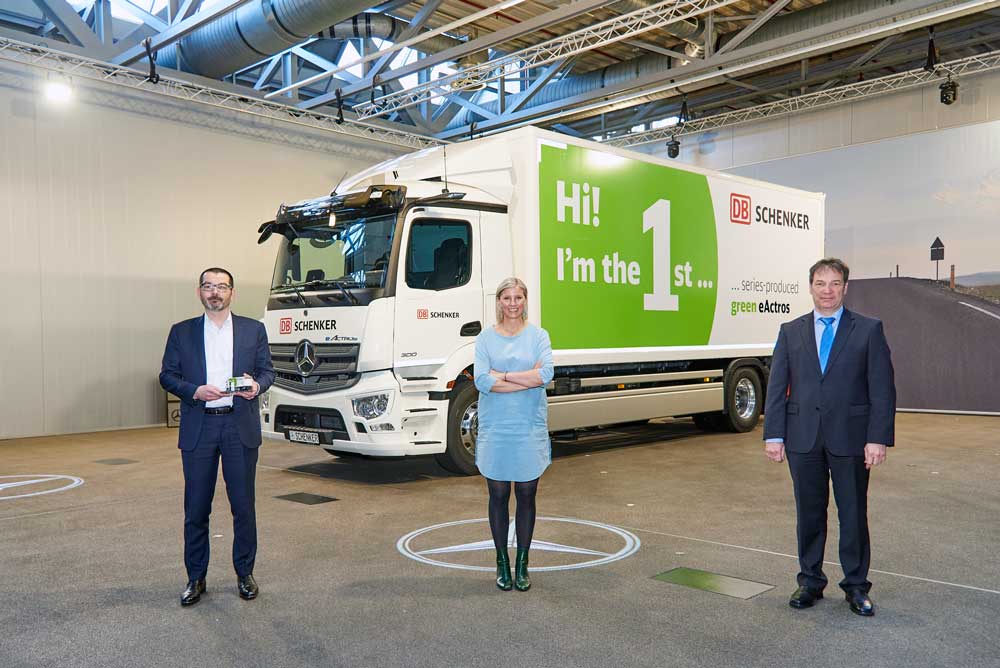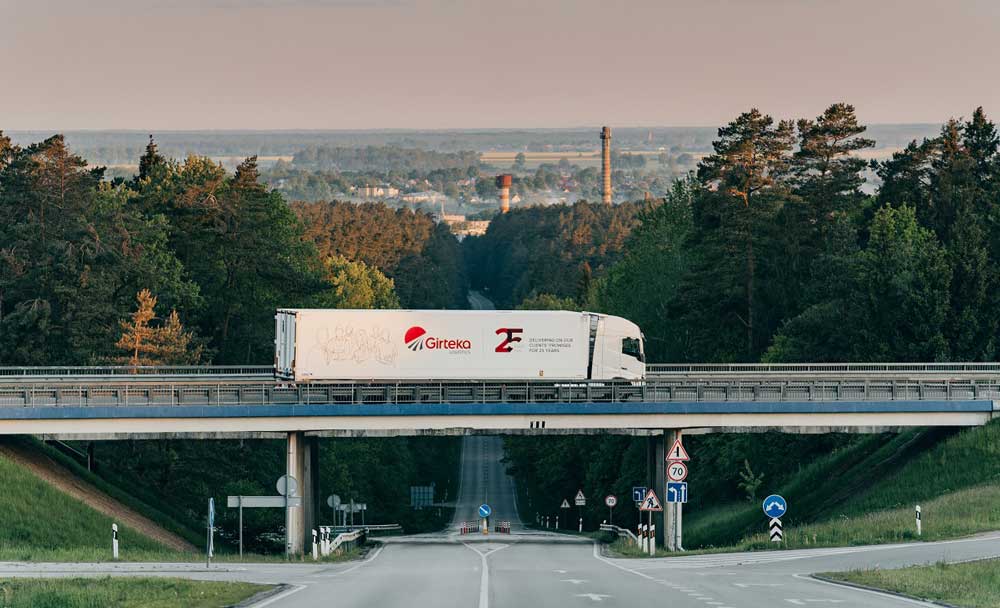Thermo King, a leader in transport temperature control solutions and a brand of Trane Technologies (NYSE: TT) revealed the results of its AxlePower energy recovery system’s trials, proving the technology’s unprecedented value in sustainability and efficiency and emphasizing a significant shift in sustainable refrigerated trailer transport. This system is a result of a collaboration between Thermo King and BPW Bergische Achsen KG, a leader in running gears and mobility services for transport.
“At the heart of the AxlePower system lies Thermo King’s unwavering commitment to sustainability and dedication to innovation and efficiency,” said Laurent Debias, product management and marketing leader at Thermo King. “We have closely monitored the trials with our customers and the findings make it clear that AxlePower is set to become a pivotal component of environmentally conscious refrigerated transportation. Not only does it drastically reduce carbon emissions and noise, but it also significantly diminishes operational costs, responding to the current market emphasis on sustainability and cost-efficiency.”
Since the initiation of trials in the fourth quarter of 2022, AxlePower system has been field-tested across Europe by different customers in six countries. The configurations of the refrigeration units varied from hybrid versions with diesel backup engines to engineless, fully electric systems. This intensive real life testing phase featured a wide range of applications including the daily distribution of fresh products and long-haul frozen goods transport with multi-night stops.
Highlights from the AxlePower system trials include:
- Energy autonomy: Harnessing the energy generated by BPW ePower axle, the system successfully transformed trailers’ refrigeration, especially those in local distribution, into autonomous self-reliant units, reducing fuel tank refills and reliance on the shore power grid. The trial reports demonstrated up to 20 consecutive weeks of electric refrigeration without the restart of the reefer’s diesel engine or connection to shore power.
With trailers on long haul routes with night stops, the AxlePower system allowed the refrigeration units to operate fully in electric mode throughout the day, and for 40% to 80% of the nighttime, depending on the Energ-e battery pack configuration. When battery capacity was used, the backup diesel engine of the refrigeration unit kicked in seamlessly to maintain set temperatures. The modular design of the Energ-e Pack allows for easy upgrades to ensure consistent performance in more demanding routes with frequent stops.
- Marginal impact on tractor’s fuel consumption: AxlePower smart power management system is a real differentiator. The fuel consumption reports measured in real world operation show that the AxlePower energy generation system has a marginal impact on the tractor fuel consumption. The refrigeration unit is operating 100% electric from recovered energy during this time. This is achieved by optimising recovery of energy from the BPW ePower axle generators when it is most efficient to do so and only when needed by the battery.
- Seamless, uncomplicated integration: trials showed there’s no change in trailer and tractor behaviour, ensuring unaffected driving. There is no limit to trailer flexibility as the battery is charged when the system is driving on the road.
- User-friendly operation and enhanced driving experience: The drivers appreciated the system’s straightforward On/Off button and the minimised need to connect to power grids. Reduced noise in electric mode and lower vibration levels translated to a more comfortable and less fatiguing journey for the drivers.
- Streamlined monitoring: For fleet managers, the unified Thermo King TracKing portal and two-way monitoring and communication with the system’s components: ePower axle, battery pack and the refrigeration unit, became invaluable. The system allows the fleet managers to remotely change the recuperation mode settings and offers possibility to integrate the data into their proprietary telematics platforms.










